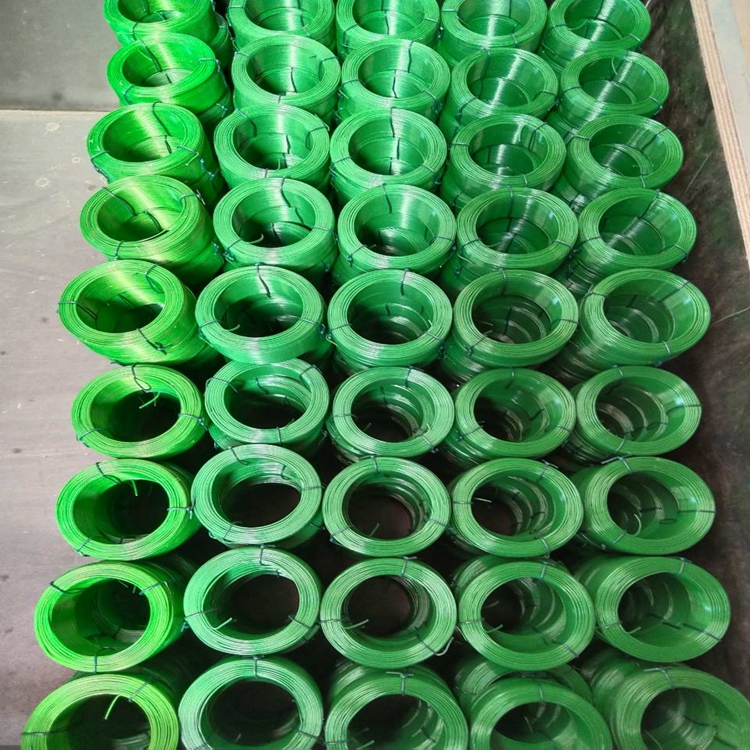Anchor Bolt Sizes in Millimeters from Reliable Suppliers for Your Construction Needs
Understanding Anchor Bolt Sizes in mm and Selecting the Right Supplier
Anchor bolts are essential components in construction and engineering, providing the necessary stability for structures by anchoring them to concrete. Whether you are working on a commercial building, a residential project, or an industrial installation, understanding anchor bolt sizes and selecting the right supplier is crucial for ensuring the safety and durability of your project.
What Are Anchor Bolts?
Anchor bolts are typically made from steel and are used to attach structural elements to concrete surfaces. They come in various sizes, shapes, and designs, depending on the requirements of the project. The most common types of anchor bolts include L-shaped, J-shaped, and straight bolts. Each type is designed to meet specific load-bearing requirements and provide different levels of performance.
Importance of Anchor Bolt Sizes
Anchor bolt sizes, measured in millimeters (mm), are critical in determining their load capacity. Appropriate sizing ensures that the bolts can withstand the forces exerted on them, including tension, shear, and vibration. When selecting anchor bolts, it's vital to consider factors like the type of structure, the load requirements, and environmental conditions.
The most commonly used anchor bolt sizes range from M8 (8 mm diameter) to M30 (30 mm diameter), but bolts can be manufactured in various diameters and lengths to suit specific applications. For example, a small residential project may only require M8 or M10 bolts, while larger industrial facilities may necessitate M20, M24, or even M30 bolts for greater strength.
Understanding Size Specifications
Anchor bolt sizes are denoted by a combination of letters and numbers. The M refers to the metric system, indicating the diameter in millimeters. The length of the bolt can also vary significantly, commonly ranging from 100 mm to 1000 mm or more. When ordering anchor bolts, it's critical to specify both the diameter and the length based on your project's requirements.
In addition to diameter and length, other specifications such as the grade of steel, threaded length, and coating type (galvanized, epoxy-coated, etc.) should also be taken into account. These factors can significantly impact the performance and longevity of the bolts, especially in harsh environments.
anchor bolt sizes in mm supplier

Choosing the Right Supplier
One of the most crucial steps in the construction supply chain is selecting a reliable anchor bolt supplier. The right supplier can make a significant difference in terms of quality, availability, and customer service. Here are key considerations to keep in mind when choosing an anchor bolt supplier
1. Reputation and Experience Look for suppliers with a solid reputation and experience in providing anchor bolts. A supplier with years of experience is likely to understand the nuances of the industry and can offer valuable advice on the best products for your project.
2. Quality Assurance Ensure that the supplier adheres to stringent quality control measures. Certifications such as ISO can indicate that the supplier meets international quality standards.
3. Product Range A good supplier should offer a wide range of anchor bolt sizes and types. This variety allows you to find the exact specifications needed for your project without compromising on quality.
4. Customization Options In many cases, standard-sized bolts may not meet specific project requirements. A reliable supplier should offer customization options, such as different lengths or special coatings.
5. Customer Service Exceptional customer service is essential. Choose a supplier who is responsive to inquiries and can assist you in making informed decisions about the right anchor bolt sizes for your needs.
6. Pricing While cost should not be the only factor considered, it is essential to find a supplier who offers competitive pricing without compromising on quality. Be wary of prices that seem too good to be true, as they may reflect substandard products.
Conclusion
Understanding anchor bolt sizes and how to select the right supplier is fundamental for any construction project. By paying attention to size specifications and carefully choosing a reputable supplier, you can ensure that your project is built on a solid foundation. Quality anchor bolts combined with expert supplier support will lead to safer and more efficient construction outcomes. Whether you are a contractor or a DIY enthusiast, investing time in researching and sourcing anchor bolts can make all the difference in your project's success.
-
The Ultimate Guide to Premium Quality Field Fence Solutions
NewsAug.12,2025
-
The Essential Guide to Premium Square Wire Mesh Solutions
NewsAug.12,2025
-
The Essential Guide to Hexagonal Wire Netting Farm Fencing
NewsAug.12,2025
-
Premium Continuous Deck Rail Slab Bolster Solutions
NewsAug.12,2025
-
High-Performance Aluminum Tie Wire Reel for Construction Applications
NewsAug.12,2025
-
Crafted Premium Galvanized Hexagonal Gabion Wire Mesh Solutions
NewsAug.12,2025














